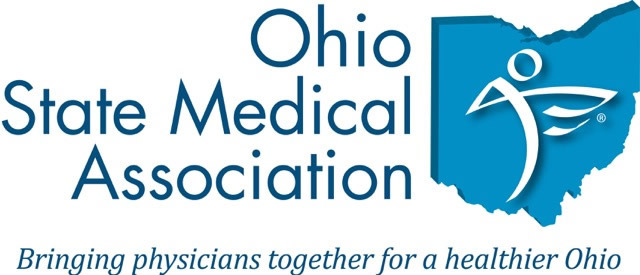Complete Story
09/22/2022
What Surgeons Should know About the Supervision of Certified Registered Nurse Anesthetists in Ohio
OSMA has become aware that an increasing number of facilities—both larger health systems and smaller regional hospitals—have been implementing models where there is no anesthesiologist on site (either all of the time or during certain times, typically nights and weekends).
Ohio Law is very specific regarding the supervision of Certified Registered Nurse Anesthetists (CRNAs), a subset of advanced practice registered nurses (APNs), who do not have collaboration agreements like other APNs. They must always be under the supervision of a physician. Therefore, when an anesthesiologist is not physically present in the hospital and immediately available to the CRNA, the supervisory responsibility of the CRNA falls to the operating surgeon or Ob/Gyn.
Some very important reminders/questions for surgeons and Ob/Gyns in Ohio to be aware:
- Is an anesthesiologist supervising the CRNA in your operating room?
- You should have a clear understanding of when you are the supervising physician for a CRNA and how this should be documented, especially if the anesthesiologist goes “off duty” during the case.
- You should be aware of which orders you need to cosign.
- You should check if your hospital privileges have been updated to include CRNA supervision.
- You should contact your medical liability carrier to clarify how this supervisory responsibility might impact your policy and ask about any risk management protocols they might recommend.
Read the current provisions to supervision of CRNAs in Ohio.
- Physician supervision of CRNAs is required. The supervising physician does not have to be a physician anesthesiologist.
- The “immediate presence” of a supervising physician is required when a CRNA performs anesthesia induction, maintenance, and emergence. For other anesthesia care, the immediate presence of the supervising physician is not required.
- When a CRNA performs anesthesia services for a surgery or procedure, the CRNA and supervising provider must be physically present at the facility where the services are being provided.
- A CRNA may order and administer tests, drugs, and fluids ONLY during the pre-op and post-op time periods and ONLY pursuant to a facility protocol along with approval of the supervising physician.
- If your facility has a protocol that allows a CRNA to order and administer tests, drugs and fluids during the pre-op and post-op time period, the supervising physician still continues to have the authority to order all drugs, tests, fluids, and treatments if they believe it is in the best interest of the patient.
For more information, please refer to: Ohio Revised Code 4723.43 - Scope of specialized nursing services
If you have additional questions related to CRNA supervision laws in Ohio, please contact info@osma.org.
